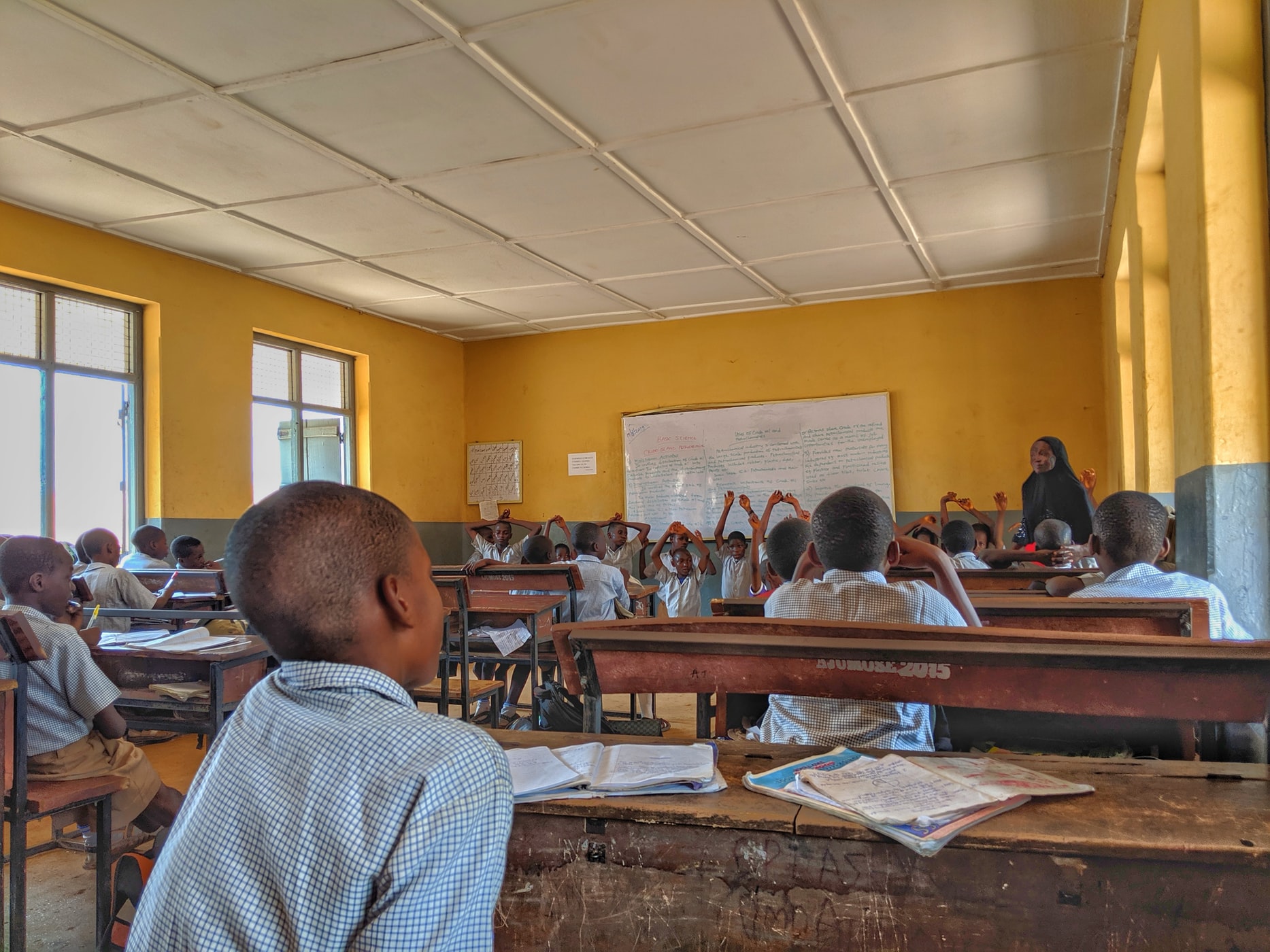Minister of Education, Dr. Tunji Alausa, announced on Thursday in Abuja, during the 2025 extraordinary National Council on Education meeting, that all Junior Secondary Schools (JSS) and Senior Secondary Schools in the country will be phased out. He introduced a new policy establishing a compulsory 12-year uninterrupted basic education, after which Nigerian students can pursue higher education.
With this development, the Nigerian government is set to replace the current 6-3-3-4 education system with a 12-4 model.
The event was attended by commissioners for education from the 36 states and the Federal Capital Territory (FCT), along with agencies and parastatals under the Ministry and development partners. The Minister emphasized that the new policy is in line with global best practices.
He further explained that the reform aims to reduce dropout rates by removing financial and systemic barriers that prevent students from completing their secondary education.
Dr. Alausa stated, “Many developed nations have adopted similar systems where basic education spans 12 years, ensuring students acquire foundational knowledge before specializing at tertiary levels.”
He added that the reform aligns Nigeria’s education system with international standards, improving educational outcomes and enhancing global competitiveness.
The Minister also highlighted the potential economic and social benefits of the policy, stating, “Educated youth play a significant role in national development. By extending compulsory education, students are better prepared to enter the workforce with relevant skills. This reform will also help reduce child labor and other social vices caused by early school dropouts.”
Additionally, the Ministry has sought the approval of the National Council on Education to set 16 years as the minimum age for entry into the country’s tertiary institutions.


